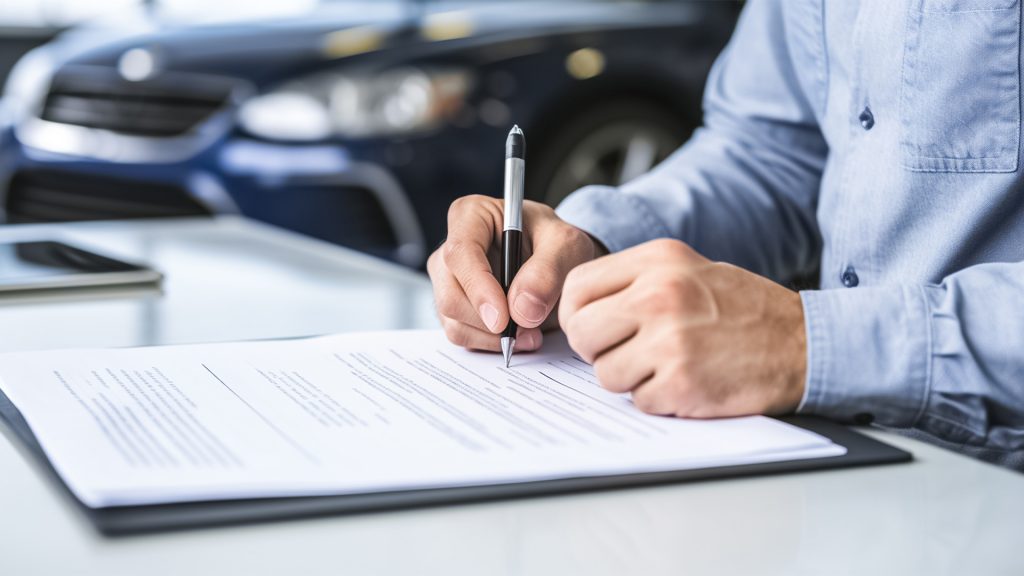Tax compliance is a crucial aspect of running a small business, whether you’re a sole trader or an employer. The process can be complex—and if you get it wrong, you could be hit with a fine or larger-than-expected bill, causing severe consequences for small firms.
This article will guide you through the main taxes that small businesses need to know about and how to ensure you remain tax compliant.
Which Taxes Apply to Small Businesses?
Small business taxes often depend on the type of company and how much profit it makes.
Corporation Tax
Corporation tax is taken from the total profits earned by limited companies at a flat rate of 19%. It’s calculated after business expenses have been deducted, but before any dividends are withdrawn.
You have to make this calculation yourself and declare how much corporation tax you need to pay by submitting a company tax return (CT600 form). This is due 12 months from the end of your accounting date and must be paid 9 months and 1 day after this date.
Income Tax
Only individuals have to pay income tax, so if you’re self-employed as a sole trader, freelancer, or contractor, you’ll pay this on any profits you make. You need to register for self-assessment with HMRC and submit a tax return so that they can work out how much you owe.
There’s a personal allowance of £12,570, so you’ll only pay income tax on profits that exceed this amount (as long as you’re not earning any other income, such as a salary from employment).
Payment on Account
Self-employed traders must submit “payment on account”—paying some tax in advance as a “contribution” to the following year’s bill. This is typically paid in 2 instalments on January 31 (for online returns) and July 31. Each instalment is half of your previous year’s tax bill.
The payments are mandatory unless your last bill was under £1,000 or you’ve already paid more than 80% on the tax you owe.
VAT (Value-Added Tax)
VAT applies to most goods and services. All registered businesses must charge VAT on top of their sale prices (unless they’re exempt) and submit VAT returns to HMRC. The standard rate is 20% but some items and services have reduced or zero VAT.
You must register for VAT if your annual taxable turnover exceeds £85,000 (valid until March 31, 2024). This applies whether you’re a sole trader, limited company, or LLP. Businesses with lower turnover may still register voluntarily in order to reclaim VAT on business expenses.
Making Tax Digital
HMRC now mandates that VAT-registered businesses (regardless of turnover) use the Making Tax Digital (MTD) scheme. This requires keeping digital VAT records and submitting returns via compatible Making Tax Digital software.
If you’re currently using spreadsheets, there is software that can help bridge your accounts for a seamless transition to digital. What’s more, MTD software can save your business hours of manual time every week.
Small businesses also need to make sure their accountants are ready for MTD. Taking a look at the Sage MTD for accountants guide is the first step in ensuring they don’t miss any deadlines and your business remains fully compliant.
Business Rates
If your business is run from a property such as an office, shop, or factory, you’ll usually have to pay business rates. Your bill is calculated by local authorities, not HMRC, based on the property’s “rateable value” (its estimated rental value on the open market). Some locations are exempt, while properties with low rateable value can claim business rates relief.
You may also be charged if you run a business from your home. This applies if you’ve adapted your home to work there (such as a garage conversion), if the property is half-business and half-domestic (like a pub with living quarters), if you employ staff who work at your home, or if customers visit the property to buy goods or services.
National Insurance
From the age of 16, employed and self-employed people must pay National Insurance contributions (NICs) on earnings above a threshold in order to qualify for certain benefits and the state pension. The different types of National Insurance are known as “classes”.
As an employer, you need to deduct Class 1 NICs from each employee’s salary and pay it directly to HMRC, along with Class 1A or 1B on employees’ expenses or benefits. Businesses currently pay 15.05% for employees earning more than £12,570 per year.
You may be able to reduce your NICs if the business is eligible for the Employment Allowance, which aims to help small businesses recruit more staff.
Self-employed people pay NICs as part of self-assessment. If you make a profit of more than £6,725 per year, you pay Class 2. For yearly profits of over £11,909, it’s Class 4. Anyone can choose to pay Class 3 voluntary contributions to fill any gaps.
Dividend Tax
If you’re the director or shareholder of a limited company, you can pay yourself dividends. Payments above £2,000 are subject to a dividend tax at a rate based on your personal income tax band. However, if dividends are your sole income, you can use your personal allowance (currently £12,570) as well as the dividend allowance of £2,000.
Capital Gains Tax (CGT)
If you sell your small business or any of its assets or shares, you’ll be charged Capital Gains Tax on the profit. The rate you pay will depend on your individual income tax, but the personal capital gains allowance lets you earn up to £12,300 before tax. If you’re a sole trader or a partner, you may be able to claim entrepreneurs’ relief to reduce the CGT you have to pay.
Can I Deduct Small Business Expenses?
Yes, you can deduct allowable expenses from your overall profits to reduce your tax bill. These include costs like office rent and utilities, inventory, staff wages, travel costs, bank charges, and marketing expenses.
As an employer, you can also deduct the benefits you provide to employees, such as homeworking costs or bonuses.
Capital Allowances
You can claim capital allowances for “plant and machinery”, which covers manufacturing equipment and company vehicles. There are several types of capital allowances, including the annual investment allowance (AIA), the 50% first-year allowance, and the 130% super-deduction.
Final Thoughts
It’s crucial to understand the tax compliance obligations for your small business to avoid running into problems. Take the time to familiarise yourself with the different types of tax and new regulations such as using Making Tax Digital for VAT returns. For full details, visit the HMRC website.








